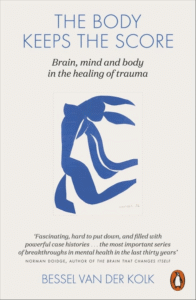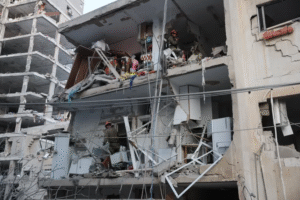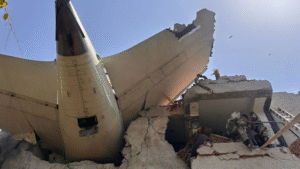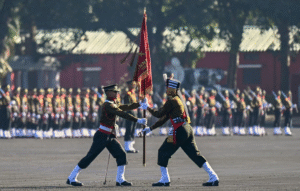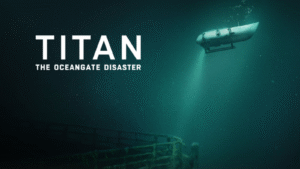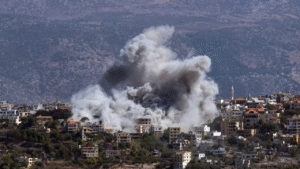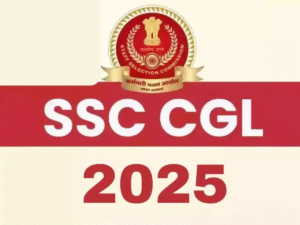The Abyss Beckons: The Escalation of the Israel-Iran Conflict
The Middle East finds itself on a precipice, teetering on the brink of an all-out regional war as Israel and Iran have traded fresh and significant strikes over the past few days. What was once a covert proxy conflict, a shadow dance played out through intermediaries, has burst into the horrifying light of direct confrontation. Latest reports paint a grim picture: Israeli missiles have pounded key Iranian targets, including the Defense Ministry headquarters, critical South Pars gas fields, and disturbingly, potentially nuclear sites. Iran’s retaliation has been equally audacious, with barrages of missiles striking Israeli cities like Haifa and Tel Aviv. The human cost is already tragically high, with over 80 lives reportedly lost across both nations as missiles continue to rain down on the region. This escalating conflict is not merely a regional crisis; it’s a global tremor, sending shockwaves through international diplomacy, energy markets, and the very fabric of world order.

From Shadow War to Direct Confrontation
The historical animosity between Israel and Iran, deeply rooted in geopolitical aspirations and ideological clashes, has been a festering wound in the Middle East for decades. While the Iranian Revolution in 1979 cemented an anti-Israel stance as a core tenet of Tehran’s foreign policy, the rivalry largely played out through indirect means. Iran fostered a network of proxy forces, most notably Hezbollah in Lebanon, to exert influence and challenge Israeli security. Israel, in turn, engaged in covert operations, assassinations of Iranian nuclear scientists, and cyberattacks aimed at disrupting Iran’s nuclear program. This delicate, albeit dangerous, balance began to erode in recent years, particularly with Iran’s accelerated uranium enrichment and missile development, which Israel views as an existential threat. The current direct exchange of fire represents a terrifying departure from this long-standing, if precarious, dynamic.
The Immediate Repercussions: Economic and Humanitarian Fallout
The immediate implications of this escalation are multifaceted and deeply concerning. Economically, the global crude oil market has reacted sharply, with Brent crude prices surging, reaching levels not seen in years. Fears of supply disruptions from the Persian Gulf, particularly if Iran attempts to block the vital Strait of Hormuz, loom large, threatening to send energy prices skyrocketing and destabilize the global economy. Airlines are already rerouting flights to avoid Iranian airspace, causing delays and increased costs. Humanitarian concerns are paramount, with the civilian populations of both Iran and Israel bearing the brunt of the attacks, facing loss of life, displacement, and immense psychological trauma. The ongoing conflict in Gaza, already a humanitarian catastrophe, is now further overshadowed and complicated by this wider conflagration.
A World on Edge: International Reactions and Diplomacy
The international community’s reaction has been one of alarm and urgent calls for de-escalation. World leaders, including US President Donald Trump and Russian President Vladimir Putin, are engaged in diplomatic efforts, though their individual stances and underlying interests create a complex web of motivations. While the US has denied direct involvement in Israel’s strikes, its strong warnings to Iran and continued support for Israel underscore its critical role. China, Turkey, and other regional powers are also attempting to navigate the crisis, expressing concern and advocating for peaceful resolutions, while simultaneously safeguarding their own strategic interests. The Pope’s plea for peace and a nuclear-free world highlights the immense stakes involved, particularly given ongoing concerns about Iran’s nuclear program. Reports indicate that Israel’s strikes have targeted aspects of Iran’s nuclear infrastructure, further fueling anxieties about the potential for proliferation and a nuclear flashpoint.
The Path Ahead: Pulling Back from the Abyss
As missiles criss-cross the Middle East, the world watches with bated breath. The escalation of the Israel-Iran conflict is a stark and terrifying reminder of the fragility of peace in a volatile region. The immediate future remains uncertain, fraught with the potential for further military action, devastating human loss, and unforeseen consequences for global stability. The urgent challenge for international diplomacy is to find a pathway to de-escalation, to pull the region back from the abyss, and to address the underlying grievances that continue to fuel this dangerous and escalating confrontation. The echoes of falling missiles serve as a stark warning: the path of escalation leads only to deeper tragedy.










